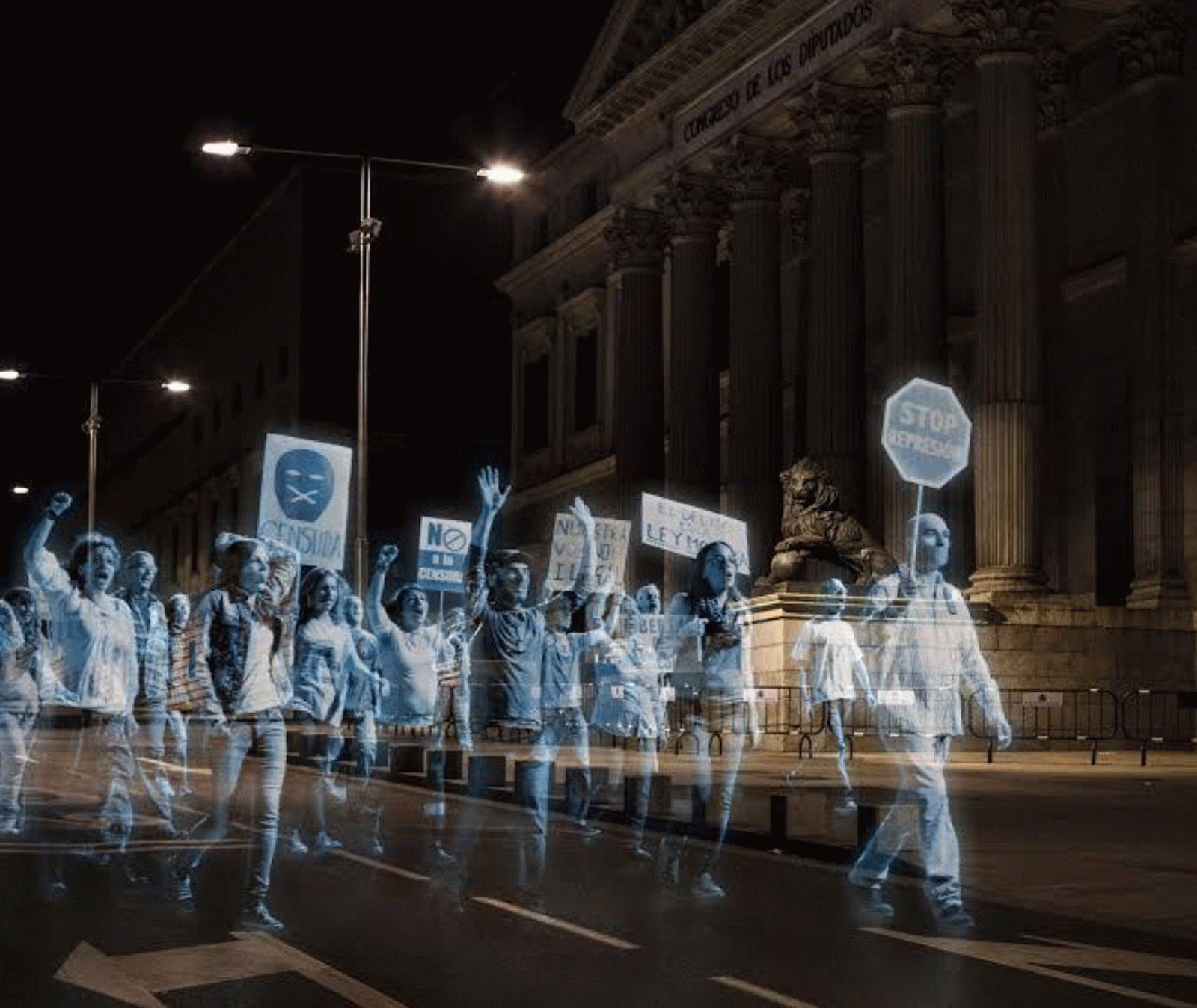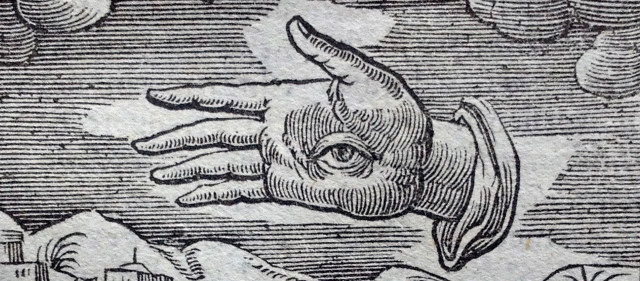Workshop
On the Aesthetics of Resistance / Zur Ästhetik des Widerstands
a cooperation of the Minerva Research Group "The Nomos of Images. Manifestation and Iconology of Law" and the Ulmer Verein – Verband für Kunst- und Kulturwissenschaften e.V. together with the Deutsches Forum für Kunstgeschichte in Paris
organized by Carolin Behrmann (Kunsthistorisches Institut in Florenz), Joseph Imorde (Universität Siegen) and Henry Kaap (Kunsthistorisches Institut in Florenz)

"Ästhetische Fragen sind immer politische Fragen" / "Aesthetic matters are always also political matters" (Peter Weiss, Notizbücher / Notebooks)
Manifestations of resistance against normative orders are characterized more than ever by an aestheticization of political and social concerns. Besides the occupation of public space, digital media are deployed as a means to pose radical challenges to existing political and legal systems.
Given the long history of political protests, we can observe a reversal, or new reciprocity, of recording practices enabled by digital media. These recording practices are used by protestors themselves, by the state systems and institutions that they oppose, as well as by spectators and witnesses. Thus, they serve all of these networks as a means to disseminate information. They are also used as a tool for surveillance and punishment. Furthermore, the circulating images are themselves often the source of artistic debates. These „media“ of resistance take on the aesthetics of contemporary visual culture while their images simultaneously reflect the far-reaching dimensions of political action and agency. The global connectivity and immediacy of social media (Instagram, Twitter, etc.) not only enable an effective visual presence but also document and even shape the content and concerns of the protests. This aesthetics of resistance that reflects itself within its images and manifests itself in various aesthetic practices is met with censorship and often with the banning or blocking of access to these media platforms (e.g. China, Turkey).
A systematic description and archiving of the current aesthetics of resistance and the analysis of the forms of artistic appropriation of these aesthetics, especially in terms of the history of public protest, is still lacking. The workshop is therefore devoted to the manifold forms of resistance and the multiple aesthetics of protest, as well as to the related forms of artistic and political practices in the public sphere.
Downloads
11 – 12 December 2015
Kunsthistorisches Institut in Florenz
Max-Planck-Institut
Palazzo Grifoni Budini Gattai
Via dei Servi 51
50122 Firenze
Notice
This event will be documented photographically and/or recorded on video. Please let us know if you do not agree with the Kunsthistorisches Institut in Florenz using images in which you might be recognizable for event documentation and public relation purposes (e.g. social media).



